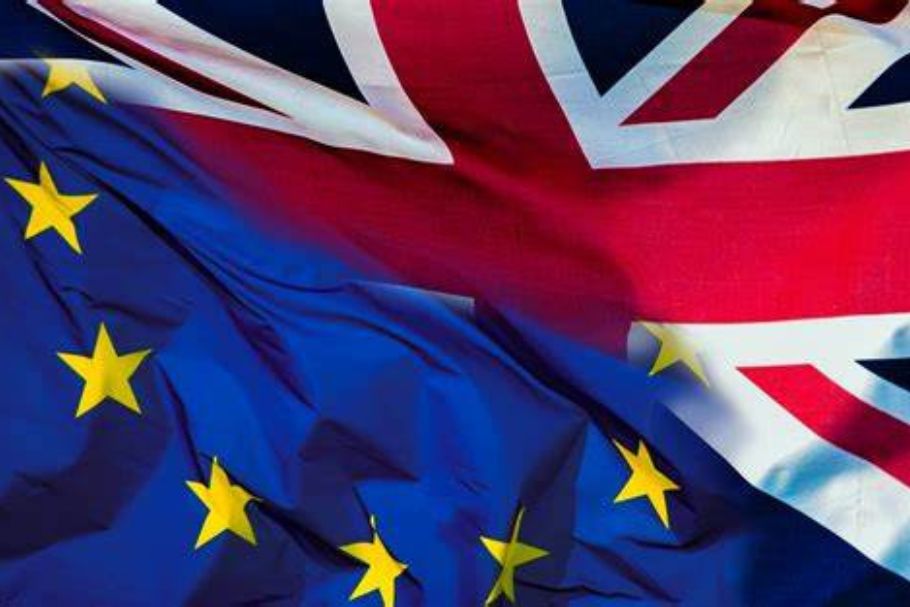The Far-Reaching Consequences of Brexit on the United Kingdom’s Economy

The Far-Reaching Consequences of Brexit on the United Kingdom's Economy
Introduction
Brexit, which denotes the UK’s departure from the European Union (EU), marks the separation of the United Kingdom from the EU. Undoubtedly been one of the most significant and historic events in modern British history. Since the official departure on January 31, 2020, followed by the end of the transition period on December 31, 2020, Brexit has had profound implications for the UK’s economy.
This blog explores the far-reaching consequences of Brexit on various aspects of the UK’s economy, including trade relations, investment trends, employment, and consumer behavior. By understanding the challenges and opportunities that lie ahead, businesses, industries, and citizens can navigate the post-Brexit landscape more effectively.
Trade Relations and Exports
One of the primary concerns surrounding Brexit was its impact on trade relations with the EU and other countries. Previously, the UK enjoyed seamless access to the EU’s single market, but leaving the EU’s customs union and single market meant the end of frictionless trade. Post-Brexit, the UK had to negotiate new trade deals and reevaluate its export strategy.
The initial disruption was evident, with customs checks and border delays affecting businesses and supply chains. However, the UK has managed to secure trade agreements with several countries outside the EU, fostering opportunities for new markets.
The government’s focus on strengthening trade ties with non-EU nations offers potential for diversification, but challenges remain in re-establishing smooth trade with the EU, which remains a crucial trading partner.
Investment Trends and Business Confidence
The considerable effect of Brexit uncertainty on investment trends in the UK was evident. Businesses faced hesitation in making long-term commitments amid concerns about the future regulatory environment, market access, and economic stability. The influx of foreign direct investment (FDI) was impacted as investors adopted a cautious and observant stance.
While there were dips in investment initially, the UK government’s efforts to provide clarity and stability have gradually restored confidence. In some sectors, like technology and pharmaceuticals, the UK has attracted substantial investments due to its skilled workforce and innovation capabilities. However, certain industries, such as finance, have experienced challenges as some firms relocated parts of their operations to maintain EU market access.
Employment and Labor Market Dynamics
Brexit has also had implications for the UK’s labor market. With the end of free movement, EU citizens no longer have automatic work rights in the UK, and vice versa. The new immigration system introduced a points-based system, favoring skilled workers, which could impact industries that relied heavily on EU labor, such as agriculture, healthcare, and hospitality.
As a result, some sectors faced labor shortages, leading to increased demand for automation and technology to fill the gap. The government’s emphasis on upskilling and training the domestic workforce aims to mitigate potential labor shortages and boost local employment opportunities.
Consumer Behavior and Cost of Living
Brexit has influenced consumer behavior and impacted the cost of living in the UK. Currency fluctuations, especially during the uncertainty surrounding Brexit negotiations, affected the purchasing power of the pound sterling. This, in turn, led to fluctuations in the prices of imported goods, particularly those from the EU.
Consumers experienced higher costs on items such as electronics, automobiles, and certain food products. Additionally, the uncertainty surrounding Brexit led to cautious spending habits, with some consumers delaying major purchases and focusing on essential goods and services.
The road ahead presents a mix of challenges and possibilities.
The UK’s journey post-Brexit presents a mix of challenges and opportunities:
- Trade Uncertainty: The UK continues to face uncertainties in trade relations with the EU, particularly with regard to non-tariff barriers. Navigating these challenges while tapping into new global markets will be critical for sustained economic growth.
- Regulatory Alignment: Maintaining alignment with EU regulations, especially in industries that rely heavily on EU trade, remains a challenge to ensure smooth market access.
- Competing on Innovation: The UK has the opportunity to compete on innovation, research, and development, attracting investments and fostering growth in sectors that prioritize cutting-edge technology and creativity.
- Diversification of Supply Chains: Brexit has highlighted the need for businesses to diversify their supply chains to reduce dependency on a single market and mitigate potential disruptions.
- Reskilling and Workforce Development: Emphasizing reskilling and workforce development can address labor market challenges, ensuring a skilled workforce for emerging industries.
Conclusion
The far-reaching consequences of Brexit on the United Kingdom’s economy have been complex and diverse. From trade relations and investment trends to employment and consumer behavior, the post-Brexit landscape presents both challenges and opportunities.
As the UK navigates through the aftermath of this historic event, adaptability, innovation, and collaboration will be key to shaping a prosperous and resilient economy for businesses, industries, and citizens alike. By leveraging strengths and addressing weaknesses, the UK can forge a path towards economic growth and stability in a post-Brexit world.
For More Related Articles Browse Our Website Blogster.pk
For social Connection You can also Visit and follow our Social media Platforms
Facebook , Instagram, Linkedin, Pinterest, Quora, Twitter, Youtube.






